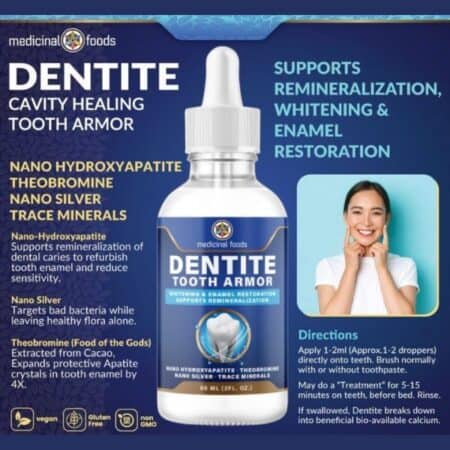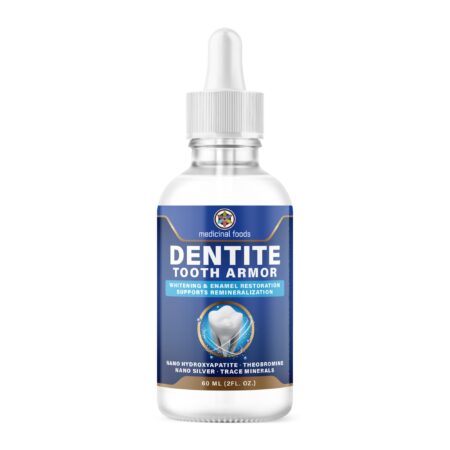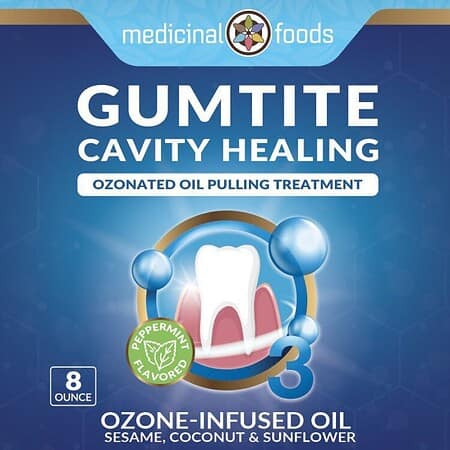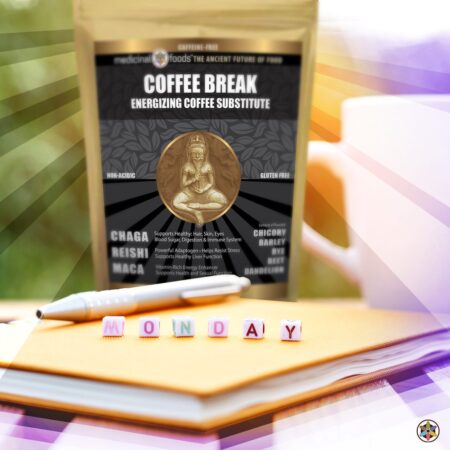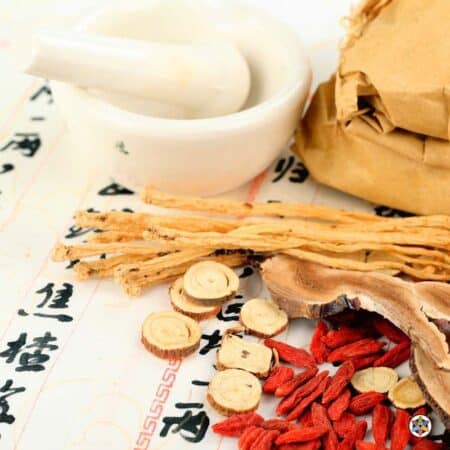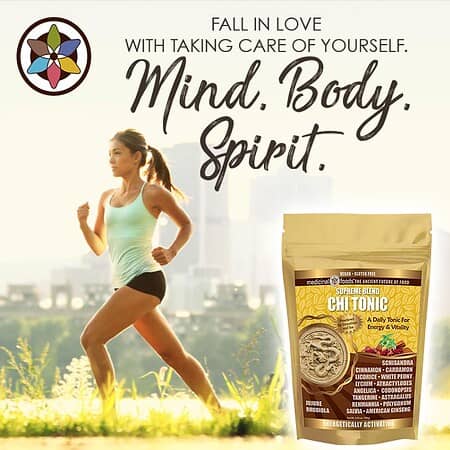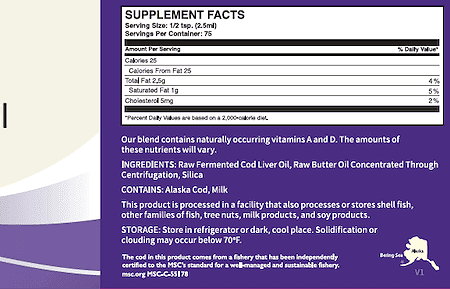The ability gained using nootropics to alter and improve one’s mental clarity is what separates humans from animals, and studying how the mind changes has been a topic of fascination for aeons.
Many geniuses are identified early on as child prodigies, but what about the rest of us?
Can we rise to such great heights as the heroes who inspire us? Fortunately for us common folk there are abundant opportunities, particularly in this field.
They are a classification of natural and artificial supplements that are used to enhance cognitive performance. They are used to boost memory retention, creativity, concentration, cognitive speed, and motivation.
Recently coined terms include “brain boosters”, “memory pills”, and “smart drugs”, but they should not be confused with merely a pharmaceutical replacement for a healthy and functioning mind.
How Do Nootropics Work?
For neurons (brain cells) to function they need a continuous flow of oxygen. We have tiny veins and capillaries in our brains that deliver oxygen-rich blood cells to our neurons that keep them firing, even during deep sleep.
The brain holds only 3% of the body’s weight, yet it receives 15% of the total blood supply. These substances dilate (expand) the circular blood vessels so that more blood and thus more oxygen is able to pass through, which increase the rate of communication between neurons.
They also help to maintain the cellular structure of the neurons which prevents them from prematurely aging. Neurons cannot be replaced and gradually break down as we get older.
One important yardstick of intelligence is neuroplasticity, which is a person’s ability to modify the patterns of neurons that are being activated when we think, and recombine them into new patterns (also called cellular remodeling). It is the ability to learn and alter the physical chemistry of your brains.
And yes, you guessed it, a substance’s influence on our brains will revitalizes the current neural pathways and help stabilize new patterns. This is a fancy way of saying when you learn new things you’ll be able to remember them easier.
Nootropic source
The Dangerous Side
A little research yields many jargon-heavy scientific journals and complicated sounding brain chemistry. But after taking a step back, one sees that most of the articles do not have a clear nor cohesive grouping of them, neither natural nor artificial.
If it’s increasing brain activity in a not-overly-harmful way, then it appears to be fair game. One article even cited nicotine, caffeine, and creatine, and yet another referenced Adderall.
Yes, these controversial substances may temporarily increase one’s cognitive pace and conscious intellectual activity, but as far as sustainable, oxygen-enhancing substances that improve the infrastructure of our precious hub of the nervous system?
Many of these nootropics are nothing more than stimulants. When I attended university I spent a few long nights under the influence of the powerful (and legal) amphetamine Adderall studying myself into oblivion, and I can say the crash the very next afternoon was in no way a consistent nor healthy way to live.
Yet many pharmacological, ie. artificial, nootropics are pumped into society year after year, as supplements or as energy drinks, and the result is a population that becomes addicted and burnt out from over-stimulation, attention-deficit disorders (Adderall does not “cure” ADD, only temporarily treats it), and become gateways into harder drugs that will eventually devastate the brain’s chemistry.
So let’s get into some natural, sustainably healthy nootropic supplements and drinks that have either little or no side effects.
MCT and Omega-3 fatty acids
This is a common and widely available ones that can be easily purchased in pill-form but also found naturally in chia seeds, flax seeds, walnuts, and especially in wild-caught Atlantic salmon and herring. Farmed fishes have a significantly reduced amount of omega-3s because in the wild these fish naturally eat phytoplankton and microalgae, which contain omega-3s and which are then stored in the fish’s tissue.
One form of omega-3 is called docosahexaenoic acid (DHA), and is highly concentrated in the cell membranes of our brain tissue. So when we ingest omega-3 we are building a stronger, sturdier structure to our neurons and connective tissue that increases memory retention and significantly slows down the mental side effects of aging.
Ginko Biloba
A native tree of China, ginko leaves have been used since ancient times as an herbal remedy that slows the onset and effects of aging in mature adults. Consumed as a hot tea, ginko stimulates blood flow throughout the body, and as we’ve learned stimulates blood and oxygen flow into our brains.
Some suggest that ginko will reduce the onset of Alzheimers Disease and dementia, and it should be stated that these two conditions in elderly people cannot be prevented simply by ingesting ginko or ginko tea.
This is because Alzheimer’s and significant cognitive deterioration are caused by life-long exposure to toxic substances such as heavy metals, artificial chemicals in household cleaning products, and eating an excess of processed foods over an extended period of time.
That being said, ginko does support a holistic and balanced approach to cognitive health, and does not simply stimulate neurotransmitters in the brain. Rather, it improves the overall functionality of the nervous system that can reduce stress and anxiety, lowering blood pressure, and releasing anti-oxidants to slow aging.
So while cognitive improvements can be seen with the regular consumption of ginko, like most holistic herbs it will simultaneously promote other organs and systems in the body.
Ginsing
The active ingredients in this well-known root are gintonin and ginsenoside and are both available in the American and Asian versions of the plant. It can be consumed raw, made into a soup, or steeped as a tea, and has been used for its medicinal effects for thousands of years.
It has been shown to reduce anxiety even in rambunctious young adults, it improves memory, reduces blood-sugar, and has an overall soothing effect that can dissolve symptoms of chronic fatigue. It is quite interesting that a simple natural root has the ability to simultaneously improve concentration and mental activity while also reducing stress and fatigue.
This is an important point because many so-called brain supplements and beverages boast a strong kick to get the mind awake and energized, but they are not sustainable for consistent, long-term consumption because they are either laboratory imitations of nature (and therefore inferior or incomplete) or are sly re-brandings/combinations of caffeine, sugar, or other exotic laboratory stimulants.
Nootropic drinks
Many substances are consumed as beverages, such as the ginko tea and ginsing mentioned above. But a large majority of these drinks are merely caffeine disguised as a brain booster.
For example, coffee, black and green tea, energy shots, pure sugar, and synthetic vitamins can all be combined into different concoctions and labeled “nootropic” or a “brain enhancing beverage.”
True brain enhancing drinks contain real substances such as Lion’s Mane Mushroom, MCT oil, and L-Thianine as found in Medicinal Foods Smart Cream.
For for a regenerative, calming and focus-inducing beverage or food, one must be weary of colorful labels, attractive designs and packaging, and intelligent sounding marketing because you’re being led to believe you’re improving long-term cognition and intelligence by ingesting the product, but in fact you’ll be crashing in a few short hours wondering why your brain had to take a nap.
Nootropics may be fresh new term for a world starved for brain health, but make no mistake: all-natural and the classic (oftentimes ancient) sources of vital nutrients will be a dependable, long-term way to steadily improve cognitive ability.



